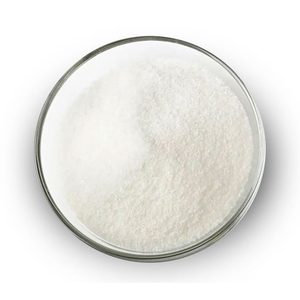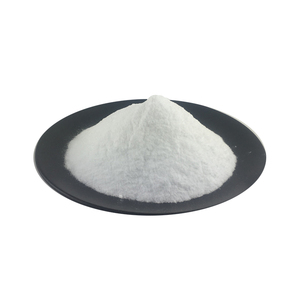Introduction to Chemistry Solutions
Chemistry solutions are essential in both scientific research and various industrial applications. These solutions serve as the backbone for experimental processes, providing the necessary environment for chemical reactions, calibrations, and analyses. A chemistry solution typically consists of a solvent and solute, creating mixtures that demonstrate specific chemical properties and functions tailored for various uses.
Types of Chemistry Solutions
- Concentrated Solutions: High concentrations of solute, often used in reactions requiring increased reactivity.
- Dilute Solutions: Lower concentrations that are favored in applications needing gradual reactions or subtle measurements.
- Aqueous Solutions: Solutions where water is the solvent, commonly used in biological and chemical experiments.
- Non-Aqueous Solutions: Solutions utilizing solvents other than water, useful in organic and industrial processes.
- Buffer Solutions: Solutions that resist changes in pH, vital in biochemical applications.
Applications of Chemistry Solutions
- Laboratory Research: Essential for conducting experiments in chemistry, biology, and environmental science.
- Industrial Manufacturing: Widely used in the production of chemicals, pharmaceuticals, and food products.
- Education: Fundamental in teaching concepts of chemistry in schools and universities.
- Environmental Analysis: Used in testing water, soil, and air for contamination and quality control.
- Medical Testing: Important for diagnostic tests and biochemical assays in healthcare applications.
Features of Chemistry Solutions
- Stability: A well-prepared solution maintains its chemical integrity over time, resisting degradation.
- Reactivity: Adjusted concentrations can significantly influence the reactivity of the solution, allowing for tailored experiments.
- Purity: Quality solutions are made from pure substances, minimizing contaminants that could skew results.
- Viscosity: The thickness of a solution can affect reaction rates and is essential for specific applications.
- pH Control: Many chemistry solutions are formulated to maintain specific pH levels, crucial for numerous biological reactions.
Advantages of Using Chemistry Solutions
- Precision: Chemistry solutions allow for highly precise reactions and measurements, reducing variability in results.
- Versatility: Catering to a wide range of applications, from educational to industrial, they meet diverse laboratory needs.
- Customization: Solutions can be tailored in terms of concentration and pH, enabling specific reactions and analyses.
- Cost-Effectiveness: Using concentrated solutions can lead to less waste and lower costs in the long run.
- Enhanced Safety: Many solutions are designed with safer components and formulations to reduce hazards in labs and industries.




































